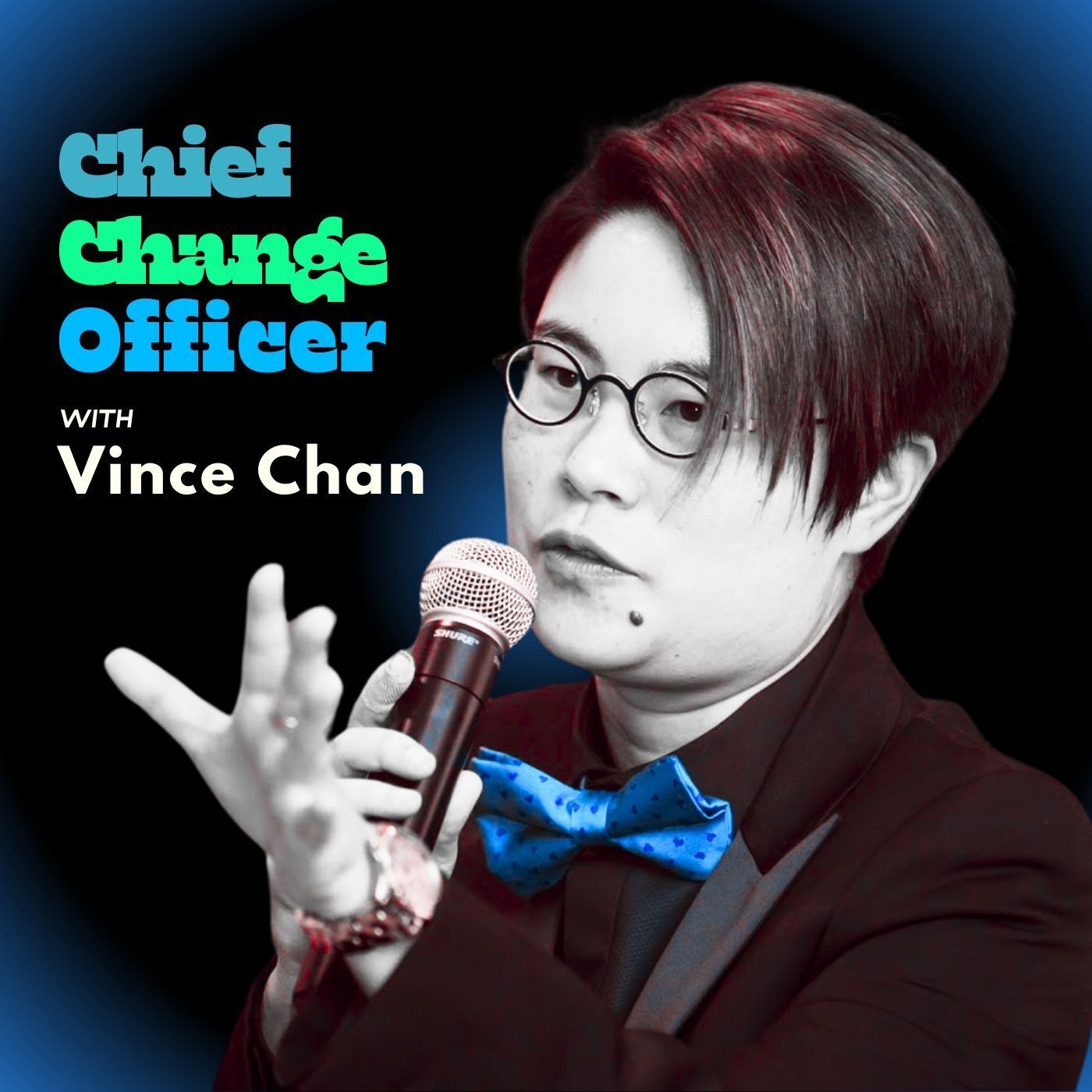#415 Sienna Jackson: Culture, Capital, and the Courage to Start Young — Part One
Sienna Jackson’s career began fast and early—college at 14, internships with The Weinstein Company, and leadership roles in the entertainment industry by her twenties. But behind the résumé was someone quietly questioning the rules of success. In Part One, Sienna shares how a childhood of contradictions, an early taste of toxic power, and a deep sense of cultural responsibility led her to rethink everything.
She didn’t just pivot—she designed a new model where impact isn’t a bonus, it’s the baseline.
Key Highlights of Our Interview:
From Piano Lessons to Policy Debates
“I was born into a family where both Chopin and Noam Chomsky were dinner table topics.”
How her childhood shaped a unique blend of creativity, intellect, and global curiosity.
College at 14, Hollywood by 17
“I was eager—but also uneasy. I knew I was being shaped by systems I didn’t yet understand.”
The rush of early opportunity—and its hidden costs.
Power Without Guardrails
“I learned very quickly that intelligence didn’t guarantee safety.”
What she witnessed inside the entertainment industry—and how it changed her.
Walking Away From the Dream
“I had to ask: Is this ladder leaning against the right building?”
Why she left behind a promising executive path to build something better.
What Stays, What Goes
“I kept the parts of me that loved storytelling. I let go of the ones that craved approval.”
The beginnings of her journey toward purpose-driven entrepreneurship.
___________________________
Connect with us:
Host: Vince Chan | Guest: Sienna Jackson
--Chief Change Officer--
Change Ambitiously. Outgrow Yourself.
Open a World of Expansive Human Intelligence
for Transformation Gurus, Black Sheep,
Unsung Visionaries & Bold Hearts.
EdTech Leadership Awards 2025 Finalist.
20 Million+ All-Time Downloads.
80+ Countries Reached Daily.
Global Top 1% Podcast.
Top 5 US Business.
Top 1 US Careers.
>>>180,000+ are outgrowing. Act Today.<<<
See Privacy Policy at https://art19.com/privacy and California Privacy Notice at https://art19.com/privacy#do-not-sell-my-info.
Press play and read along
Transcript
Transcript is processing—check back soon.





